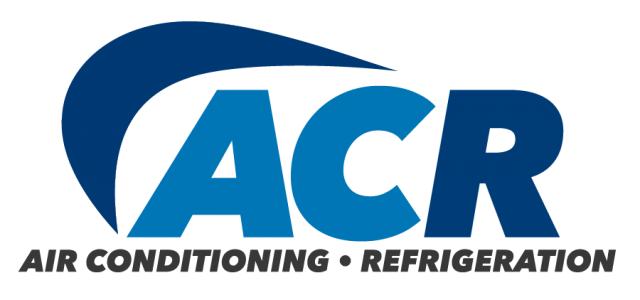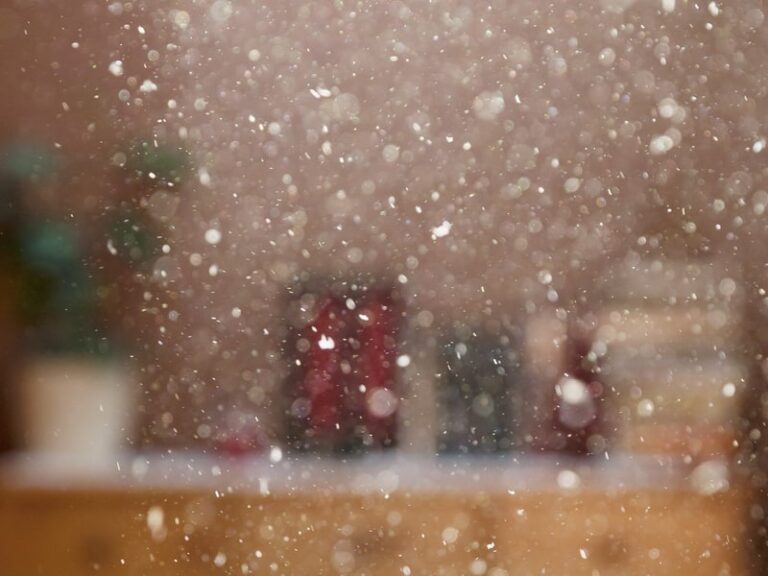The HVAC system in your Apopka, FL home depends on its ability to circulate air. Many homes experience airflow restrictions, many of which are preventable with the right knowledge. Discover how to improve your home’s airflow and why it’s so important.
Change Your Air Filter Regularly
A clogged air filter is a common obstacle that prevents air from flowing through your system effectively. It’s also one of the easiest airflow issues to fix.
Given average air quality, most 1- and 2-inch filters need replacing every 30 to 90 days. To make sure you get to a clogged filter early, plan to check it on a monthly basis. When you do, boost its efficiency by gently vacuuming the dirt off the intake side.
Use Appropriate Air Filters
Make sure you’re using the filter designed for your system. In an effort to improve your indoor air quality, you may have installed a filter with a higher MERV rating.
These filters take more suction to draw air through them, especially when they start collecting dust. Most residential systems don’t draw enough air to work properly with filters whose MERV rating is higher than recommended. If you want more substantial filtering for your air quality, consider a device specifically designed for these filters.
Open and Clear the Vents
Without even knowing it, many homeowners interrupt their system’s airflow by closing or blocking vents. These are integral to creating a pressure difference to create the air circulation that distributes your heated and cooled air.
You need to go through each room and make sure the vents are open, even if it’s a room you don’t use often. Make sure that each supply vent has at least a 2-inch clearance both around and above it. This clearance is critical for allowing the conditioned air to circulate throughout the room.
Get Regular Maintenance
Small airborne particles flow through normal air filters and settle on components inside your HVAC system. These common components include the circulating fan, evaporator coil, and heat exchanger. Over time, these contaminants restrict the air flowing through your system.
A technician will clean all these areas during routine maintenance. They’ll focus on the air conditioner in the spring and the heating system in the fall. This cleaning, combined with tightening the mounting hardware and electrical connections, helps maintain your system’s efficiency.
Fix Common Mechanical Failures
Some mechanical failures will also reduce your airflow. Regardless of whether you’re running your heating or air conditioning, a failing circulating fan will reduce airflow. Toward the end of the fan’s service life, it may not spin as quickly, especially if it’s a single-stage fan.
For your air conditioning, a failing compressor will also cause airflow issues. The failing compressor may leak refrigerant, which will cause the system to freeze and prevent air from flowing through the system.
Know the Importance of Good Airflow
For your HVAC system, airflow is the lifeblood that heats and cools your home. When the system cannot draw air in and push it back out, it cannot control your home’s temperatures effectively.
That air causes high pressure at the supply vents and low pressure at the cool air return. The pressure difference makes the conditioned air move throughout your home for even heating and cooling. Interrupt that airflow, and your home won’t be as comfortable.
Make sure your system isn’t interrupting the airflow you need. Call to schedule your HVAC maintenance or repair with the expert technicians at ACR Air Conditioning & Refrigeration today.
Image provided by iStock


